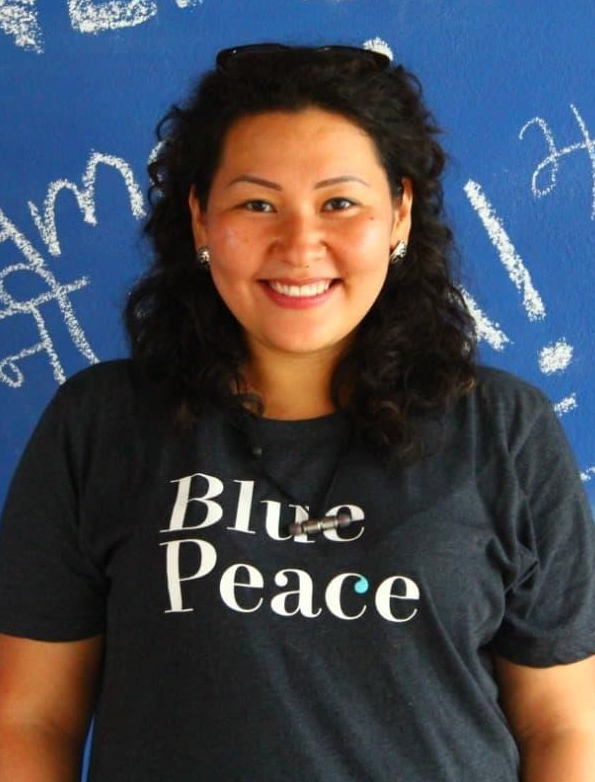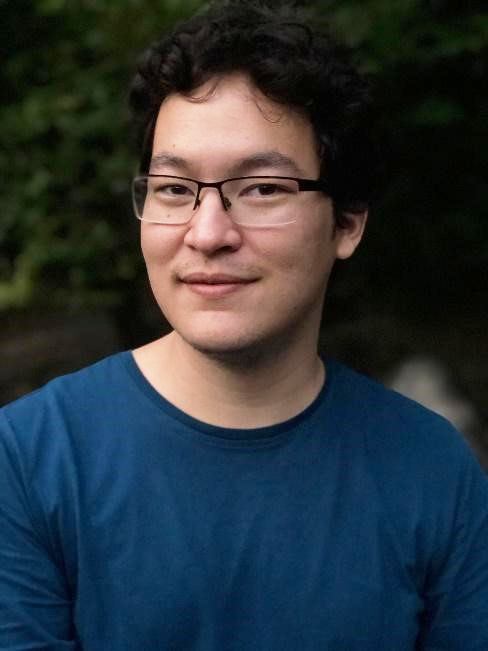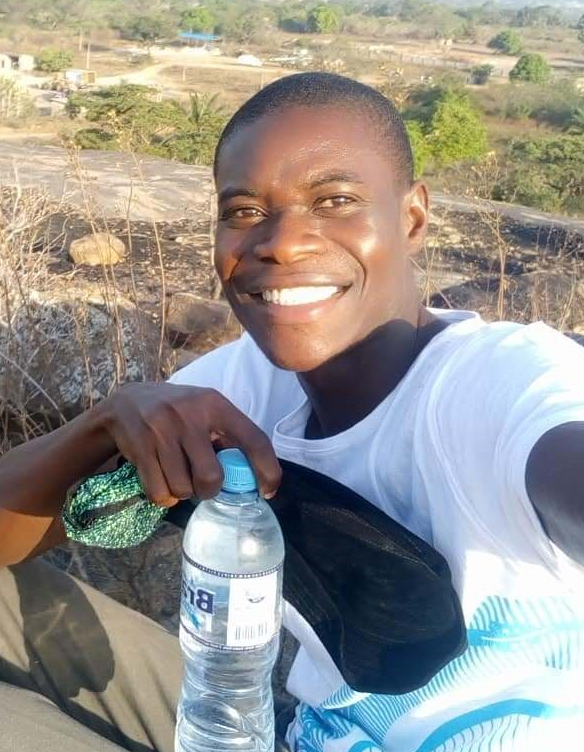Bota Sharipova, WYPW Member, Kazakhstan
How has COVID19 changed your outlook in water?
The current COVID-19 crisis has changed my perception of my job for water a lot. Because the core fight against spread of any kind of virus lies in proper sanitation and hygiene measures for all. Therefore, water and access to it becomes a vital matter of human survival.
The last few weeks I feel very proud of my job where I ensure access to water for all people through raising awareness, capacity building and other activities. Although I am neither a medical officer, nor any other social service worker, I realise the importance and significance of my job in fighting real life problems. I have heard that working for water is noble, but I haven’t paid much attention to it. Now I feel honoured to be a water ambassador who works for delivering messages about the importance of water to all people.
How have you adapted to the changing situation?
During the lockdown I have had a chance to rethink basic hygiene services at home – water from the tap and sanitation facilities. I realise that I am privileged to have all these facilities accessible at home, but I keep thinking about all of those who don’t have that. The more I read or watch videos about viruses, their transmission, and the ways governments and institutions fight them, the more I realise the importance of social justice. I hope that this crisis will make all people in the world more conscious about the way they live, work and consume goods.
On a more positive note, I realised that although I live in a family with my 4-year-old kid, I am equally productive working from home. I enjoy spending time with my daughter, while at the same time working remotely. I think my self-organising and planning skills have been mastered in the last two months.
Paulo Shinji, Water Activist, Brazil
How has COVID19 changed your outlook in water?
COVID-19 has exacerbated the inequalities throughout Brazil. Access to water is one of the crucial ways in which these inequalities are being reproduced. As has been pointed out by several organisations, one cannot ask people to wash their hands when they hardly have enough water to drink. COVID-19 has made the importance of universal access to water even clearer.
How have you adapted to the changing situation?
I have increased my working (home office) hours to contribute towards fighting these inequalities. I am myself in a rural setting, where I rely on water from a well that serves three families, our crops and livestock. Autonomous solutions have proved to be a safe alternative for those who are not officially connected to water in the pipelines.
How do you think this will impact your work in the future?
Thus, as we will not return to normal, I will fight with greater determination to strengthen sustainable, autonomous solutions and to connect people officially to their local water supplier. This way, we can better contribute to have water as a right, not a commodity.
Afolayan Juwon Samuel, WYPW Member and Chapter Facilitator, Nigeria
The use of portable water is part of our daily lives here in the Osi community, Kwara State. The importance of it makes us buy it on the street, drive throughs, walkways and stores. The body is a programmed machine engaging in homeostasis and water is surely a fuel for its moderation.
How have you adapted to the changing situation?
When COVID-19 came, everything was put under lockdown. The driving, shopping, street walking and evening jogging are all gone, and the whole community is reduced to a quiet centre characterised by item delivery (food packages on approved days).
The rain is at inception, the heat is intense, the electrical supply is shaky (affecting home supply of water) and dehydration is becoming worse and the need to provide additional water supply becomes very obvious. When the delivery service fails or is greatly overwhelmed, we wait patiently for an ease on the lockdown and troop in mass to have our water bags restored.
How has COVID-19 changed your outlook in water?
Maybe water is more essential than food after all, because even in the driest days characterised by food shortage, our nights here in the village are always distinct. We have at least two sachets of water resting close to our beds, to see us through the night. We can deal with the lockdown inflicted hunger, but not the thirst.
How do you think this will impact your future?
When all this is over, we shall sing of the heroics of water to our indoor survival during lockdown. We shall equally provide measures to address the causes of water shortage in the first place. Most importantly, we shall continue to ensure a disciplined life of effective water use and management. The importance of water cannot be known, until the need for it arises when it is not available.
Do you have a story to share with us? Welcome to write us on gwp@gwp.org.



